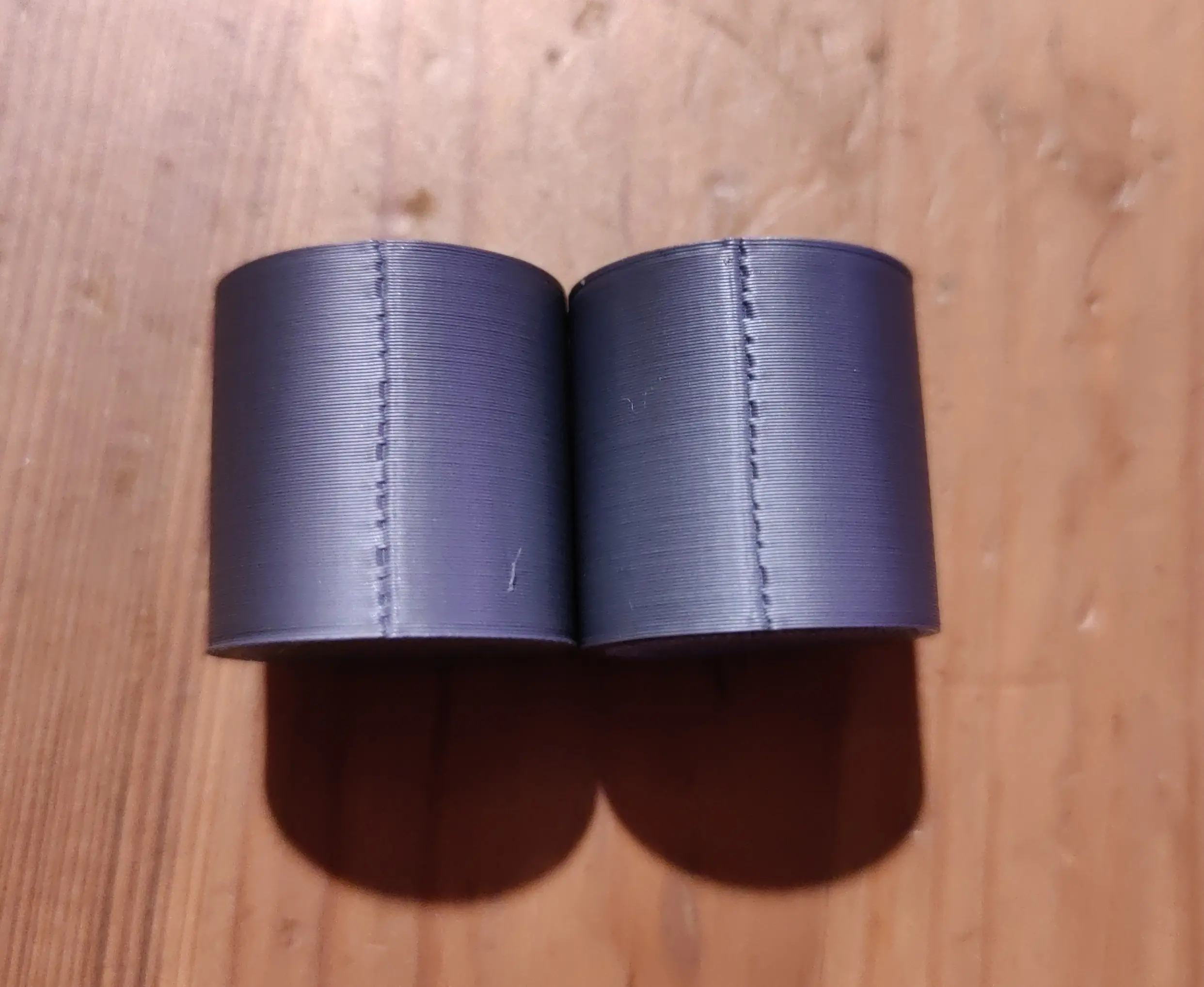3DPrinting
3DPrinting is a place where makers of all skill levels and walks of life can learn about and discuss 3D printing and development of 3D printed parts and devices.
The r/functionalprint community is now located at: [email protected] or [email protected]
There are CAD communities available at: [email protected] or [email protected]
Rules
-
No bigotry - including racism, sexism, ableism, homophobia, transphobia, or xenophobia. Code of Conduct.
-
Be respectful, especially when disagreeing. Everyone should feel welcome here.
-
No porn (NSFW prints are acceptable but must be marked NSFW)
-
No Ads / Spamming / Guerrilla Marketing
-
Do not create links to reddit
-
If you see an issue please flag it
-
No guns
-
No injury gore posts
If you need an easy way to host pictures, https://catbox.moe may be an option. Be ethical about what you post and donate if you are able or use this a lot. It is just an individual hosting content, not a company. The image embedding syntax for Lemmy is 
Moderation policy: Light, mostly invisible
view the rest of the comments

Randomize Z seam and make sure your flow/retraction settings are as good as you can get them.
Messing around with your nozzle temperature might help too: Keep in mind that the thermistor in the heat block might be off by a few degrees so if you can measure the temperature directly as a comparison, it can help you figure out how much it's usually off by and adjust accordingly.
Randomised seams just spreads the issue out on the entire model surface, it looks even worse like that.
It will probably help more once your settings are dialed in, otherwise, yeah it's just going to distribute the mess. Alternately, keep everything as is and fix it up post-print via filler and sanding.
Randomize Z seam
There is never a situation where this is a good setting to have on.
Can't say I agree but you print how you want.